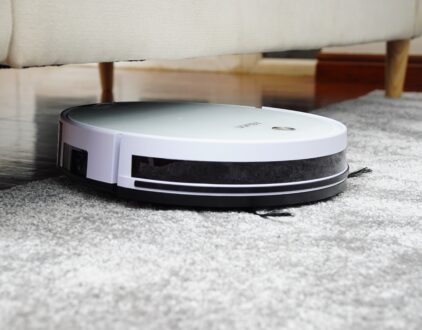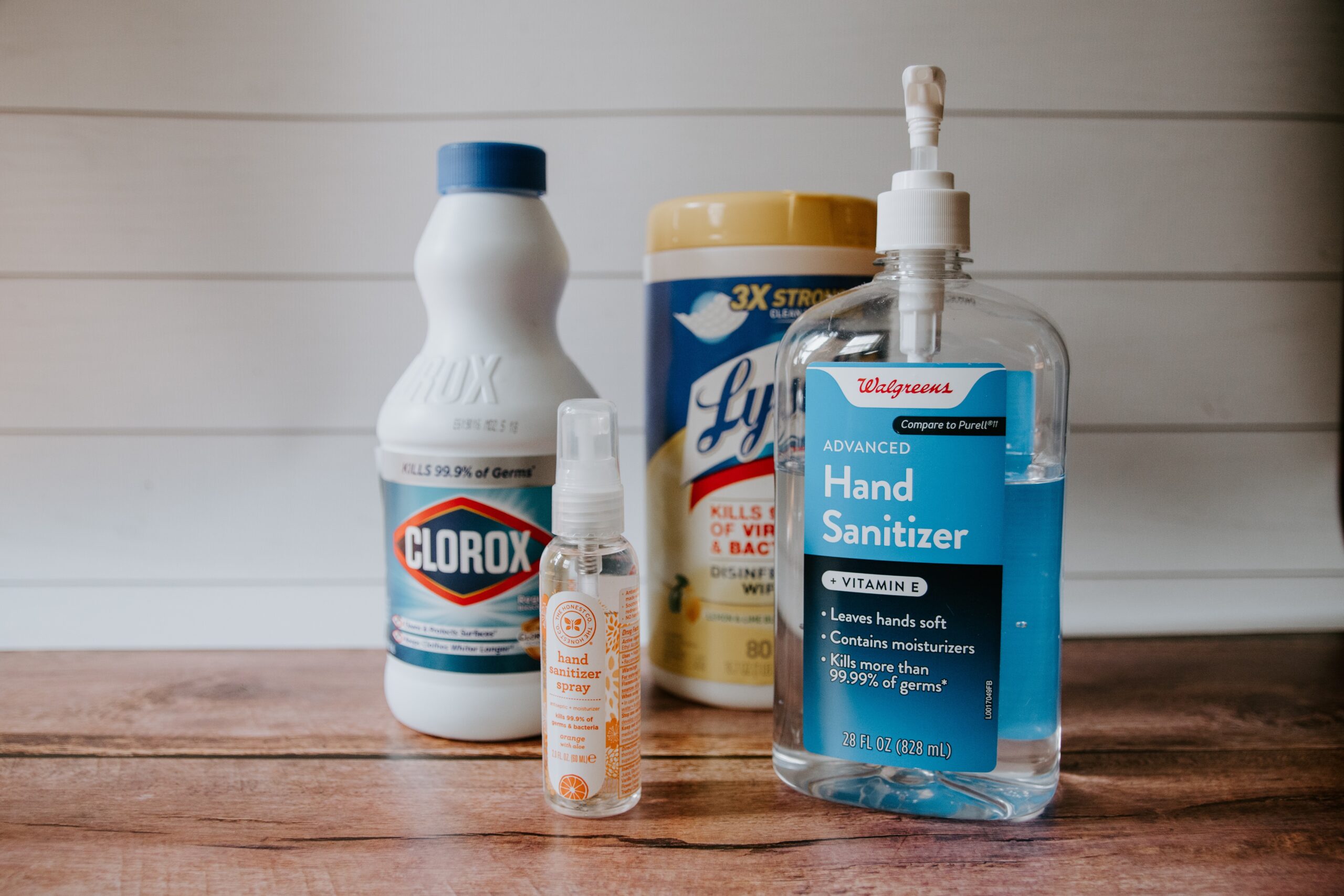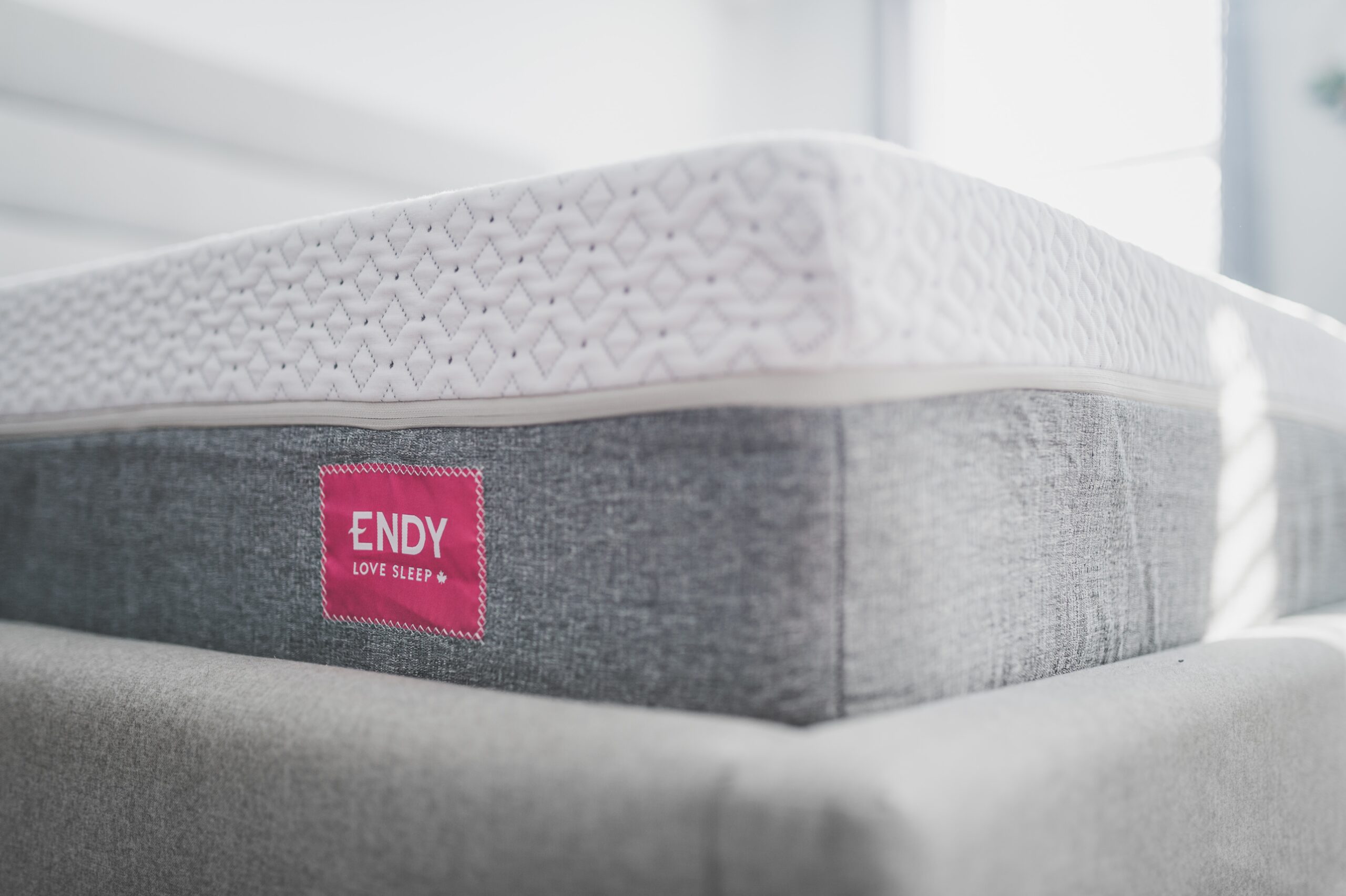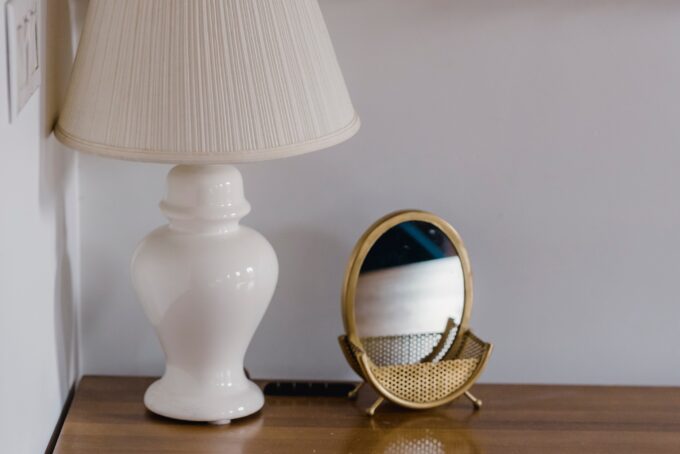Bed bugs are pesky creatures that can be hard to get rid of. In the midst of a bed bug epidemic that has recently been spotted in Paris and has made its way to London, these terrible creatures sit in homes, on public transit and on just about any surface for sitting and lying down. Not only can these creatures survive in these areas, but they can also get into small crevices in homes and public places. With an influx of people taking public transit in Paris and the U.K., it’s easy to see why they’ve been able to spread so fast. With people traveling from all over and coming in and out of these countries, it’s also easy for bed bugs to come along with them.
The worst thing about these bloodsucking creatures is that you can get bedbugs from anywhere. People get them on planes, public transportation, coffee shops, staying with friends and family, or anywhere where these creatures can thrive. So, how exactly can you get rid of bed bugs if you spot them in your home? We know that steam and high heat can kill and rid your home of them, but what about other methods that are inexpensive and require less work? There are many speculations about chemicals like bleach and whether or not they kill bedbugs. An important element to this is also wondering how safe it is to use bleach and whether or not it can do more harm than good.
How Does Bleach Work?
Bleach is a common household chemical that is used to clean our bathrooms and kitchens, but how exactly does it work? Chlorine bleach is a combination of water and the chemical, sodium hypochlorite, and together they make hypochlorous acid. Bleach is a powerful cleanser that kills germs and sanitizes, and can also serve as a powerful pesticide.
So, Can Bleach Actually Kill Bedbugs?
In a short answer, yes, it can kill them. But, this answer is more complex and complicated than you may think. Bleach can only kill bedbugs if it comes in direct contact with them. This means that you’d have to get close enough to pour bleach on them. While this can be effective, some bedbugs are so tiny and hidden, that you might not be able to reach and see all of them. Because bed bugs are not directly attracted to bleach, using this chemical to try to get rid of them may turn into a difficult task.
Directly using bleach on bed bug eggs will result in killing them and bleach fumes will also suffocate bed bugs. But, because these creatures can hide in mattresses, box springs, walls and flooring, direct contact has proven to be a daunting task.
What Are the Risk Factors of Using Bleach?
Like any chemical, the use of bleach comes with risk factors. Bleach is a toxin and if mishandled can become very dangerous. It can be corrosive on the skin and bleach exposure can become an irritant on the eyes, mouth, nose, throat, skin and respiratory system. If you have kids or pets in the home, you need to be extremely careful with bleach, as you don’t want your children or furry friends getting a hold of this product. It can cause severe damage to their lungs, stomach and intestines.
An excessive use of bleach can also cause a strong odor, making it difficult to breathe. It’s also best to keep it away from clothing, furniture and your carpet because of the damage it can cause. Major issues with bleach also include blurred vision and bronchospasm. Because of the risk factors associated with bleach, using gloves and microfiber towels and wearing clothing that you don’t mind cleaning in is important.
While bleach might work as a permanent solution, it’s not fully effective at eliminating all bed bugs in the home.
The Aftermath of Using Bleach
After you’ve sprayed down every corner and crevice of your home with bleach, it’s important to keep a clean home afterward to ensure each and every single bed bug is gone. To deep clean the home, you’ll want to start off with laundry. Wash all blankets, sheets and pillowcases with boiling water, bleach and detergent. Try to at least get new pillows and blankets if possible. For drying, make sure they are at the highest temperature possible. For mattresses and couch cushions, vacuum them and make sure a bleach solution is sprayed on and left to dry. Spray this same solution in dresser drawers, desks, baseboards, appliances and any corners you might have missed.
Bleach fumes can be incredibly strong, and since everything will take up to 48 hours to dry, it’s recommended that those in this situation find another place to stay while the scent and bed bugs go away.
Taking preventative measures is also important to mitigate the risk of bed bugs crawling back into your space. Keep a cover on your mattress and box spring and make sure your home stays clean and organized. This will not only prevent bed bugs, but it will also prevent other pests from entering. For those living in an apartment building, it’s best to apply a door seal under your front door to prevent bed bugs from other tenants making their way into your home.
To Bleach or Not To Bleach?
Bleach can be a method to use to kill bed bugs, but ultimately using a high-quality steamer or hiring professionals will ensure that your home is completely rid of bed bugs.
popular posts
- 1It’s Black Business Month, So Let’s Go Shopping and #BuyBlack!
- 2These Home Decor Items Will Instantly Make Your Space Look Outdated
- 3Black-Owned Home Decor Stores To Support Across the United States
- 4A Look Inside Elon Musk's Tiny $50,000 House
- 57 Black and Multicultural Designers To Follow For Design Inspo

Home & Texture Editor's Picks: The 5 Best Vacuums on Amazon
by Stephanie Taylor | February 2, 2023

7 New And Bestselling simplehuman Products To Help Your Home Run Smoothly
by Stephanie Taylor | February 15, 2023

Product Review: Here's What We Think About The Levoit LV600s Humidifier
by Nneya Richards | February 22, 2023
Spaces
Whether it’s luxury or ease, every area of your home should be as fabulous and unique as you.

A New Study Reveals That This Item Has More Germs Than A Toilet Bowl
by Kelsey Marie | April 25, 2023
FOLLOW ALONG ON INSTAGRAM
#homeandtexture
Find us on social for more home inspiration where culture, personal style, and sophisticated shopping intersect to help you create a home where you love to live.







